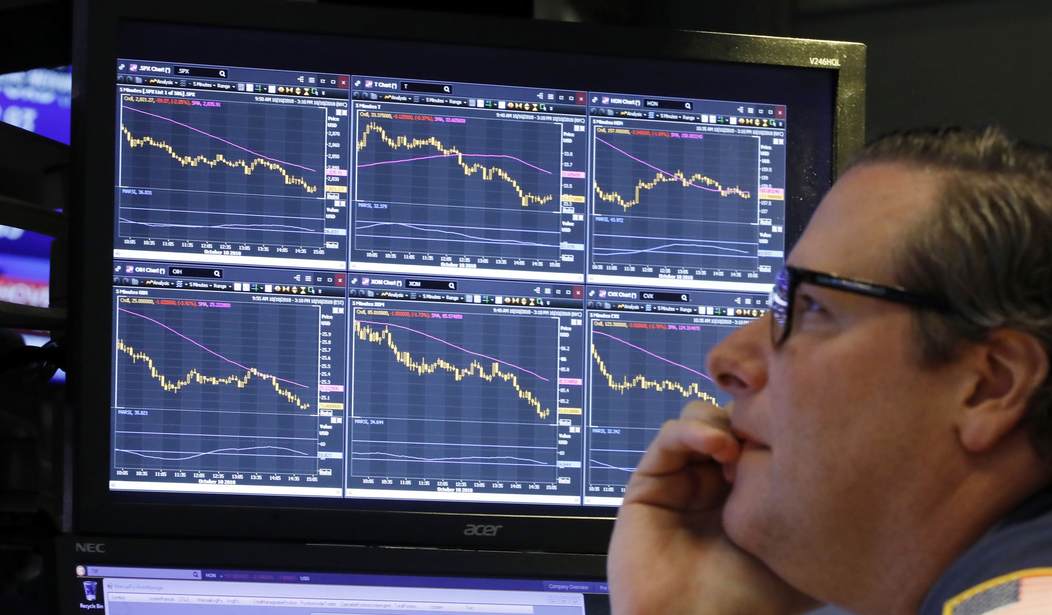People respond to incentives. This is the case regardless of how the politico-economic system in which we live and work is structured. In an important sense, then, we are never outside of the market, because we can never successfully abstract human social and economic dynamics from this fundamental truth that people are sensitive to incentives. Thus, if we propose increased government involvement in the economy or in a particular sector of it, we should consider that government actors are, no more or less than non-government actors, bound to respond to incentives.
Accordingly, we should ask whether we have improved the overall organization and structure of the incentives at play by increasing the state’s role. To answer this question requires an understanding of the qualities that define the state, that make it different from other human institutions. Fundamentally, the state is a behavior, and that behavior is predicated upon violence.
As Jason Kuznicki argues, “[W]e should be very, very clear that there’s nothing glamorous about that; there’s nothing divine or majestic about it. It’s something we ought to be embarrassed to resort to. Whenever we turn something over to the state to perform or to do … we have been thrown back on this very primitive method of solving problems. It’s not a good method of solving problems to hurt people.”
When we advance governmental solutions, we are imploring the state to limit—via violence—particular voluntary exchanges between informed, consenting adults. We are asking the state to violate people’s rights. There is just no way around this.
We frequently hear that government must intervene in the economy in order to protect consumers, compensate for a perceived market failure, or prevent the emergence of monopoly power. In the final analysis, this amounts to the view that violent, aggressive, rights-violating relationships between individuals produce better, more just results than peaceful, voluntary, rights-respecting relationships.
On its face, this seems rather strange. It’s sufficiently counterintuitive that we should we want to ask why it would be the case that incentives would be improved by introducing coercion, by giving this one group of people a special prerogative power to compel and coerce. If anything, we should assume that the introduction of such a power worsens the overall organization of incentives by insulating this group of people from accountability.
Recommended
It seems obvious enough that government’s defining features function to exempt it from ordinary considerations for which most of us must account when we act: the state can use physical compulsion to get what it wants, to forbid certain actions, to appropriate (again, using violence) funds for its projects, to monopolize certain industries (or else to grant monopolies and various anti-competitive privileges). If anything will create general incentive misalignment and moral hazard, it seems likely that such powers will. Indeed, such a system seems practically designed to produce bad results. Does possessing the prerogative to coerce others (or to avail oneself of a special privilege created and maintained by background coercion) likely mitigate the problems associated with abuse of power, moral hazard, etc., or aggravate those problems?
Many of the problems that are today attributed to free-market competition are actually the results of insufficiently competitive markets—markets that are constrained, rigged, or manipulated in a variety of ways. The Left has long confounded competition and monopoly in this way, believing that the latter results when the state leaves the former unrestricted.
If the market power of large corporations worries the Left, then they should advocate more competitive markets, markets in which any entrepreneur can enter and offer a better product or service. The state is, as Frédéric Bastiat famously observed, “the great fictitious entity by which everyone seeks to live at the expense of everyone else.” It is, relatedly, society’s foremost mechanism for shifting cost and risk, for allowing connected, favored groups to concentrate the benefits of a risky activity—say, drilling an oil well a quarter or a mile beneath the ocean’s surface, or betting on home mortgage loans with very high default risks—while using special rules to offload or distribute to the broader population the costs and risks associated therewith.
Importantly, we shouldn’t treat this as either a total accident or a shadowy conspiracy. It is simply the inevitable corollary of the fact that people are economic actors systematically pursuing their interests within a given framework of incentives. In discussing and making public policy, our focus should be the rules of the game and the incentives thus created, not the players.
We have a perverse, crony politico-economic system in the United States not because of private property, enforceable contracts, market exchange, and open competition, but because of special exceptions to these that create openings for advantage-taking. Libertarians advance the radical idea that one set of rules should apply—and apply consistently and predictably—to everyone, that the law should not discriminate among individuals.
As the libertarian writer William Bailie argued in his article “The True Function of Competition,” “Every modern improvement that makes life easier and raises the condition of the masses … can be traced to the breakdown of status and privilege and consequent growth, intensity, and general comprehensiveness of competition” (emphasis added). It is therefore baffling to witness the Left constantly clamoring for ever further restrictions on competition and thus for the increase of harmful market consolidation in key industries. The mechanisms they favor, the return of status and privilege, are directly at odds with the goals they’ve articulated.

























Join the conversation as a VIP Member